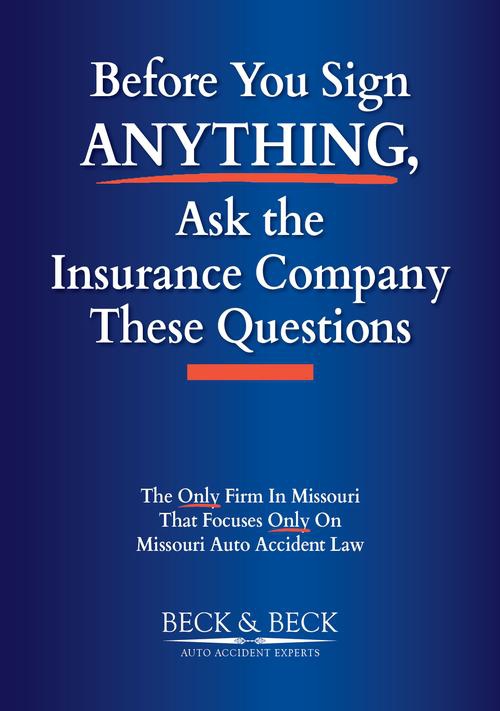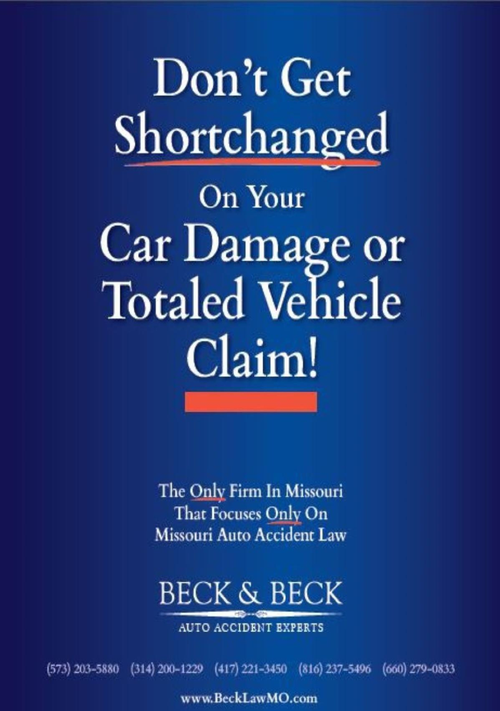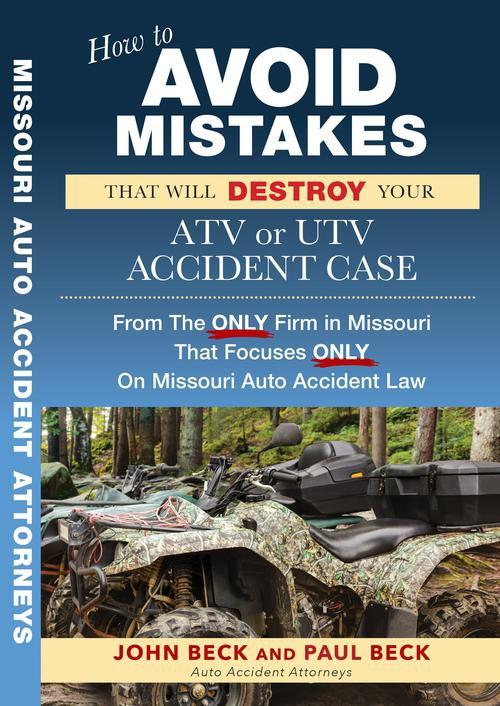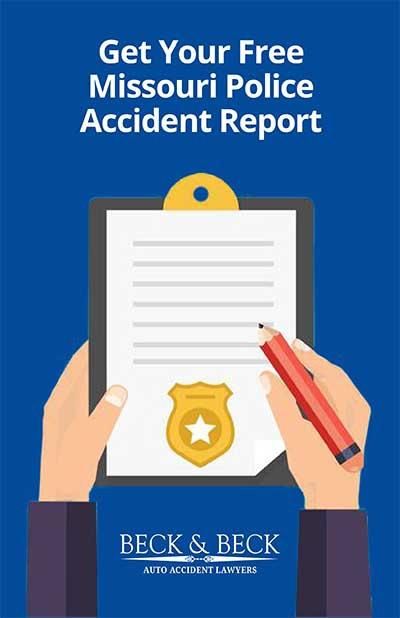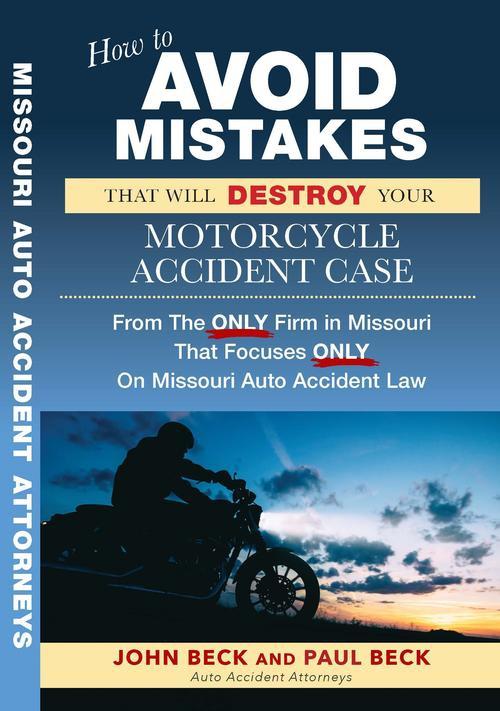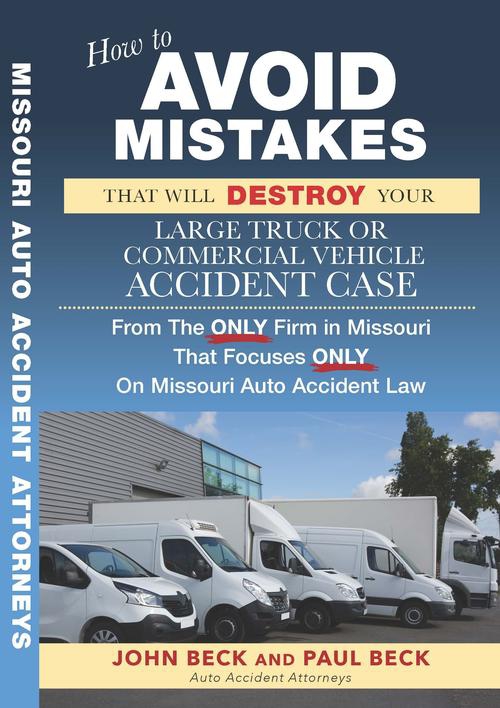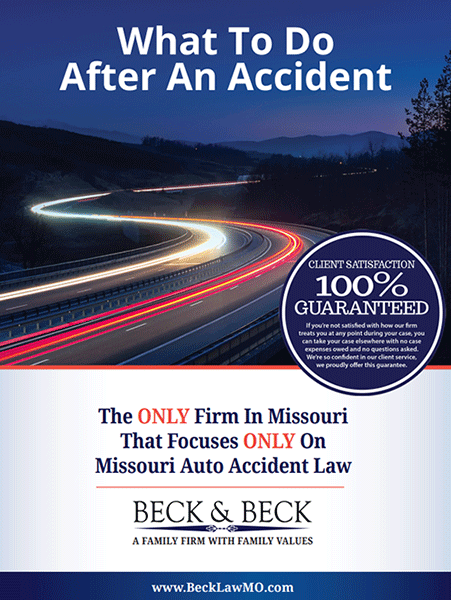After a car accident in Missouri, it’s natural to feel overwhelmed, especially when dealing with medical bills, vehicle repairs, or lost income. If the crash wasn’t your fault, you shouldn’t have to shoulder the financial burden alone. Building a strong case for compensation starts with one critical step: gathering and preserving evidence in car accident claims.
The success of your claim depends on proving what happened, who was at fault, and the impact the accident has had on your life. Evidence can provide clarity and credibility to your case, whether it’s photographs from the scene, medical records, or witness statements. Without solid proof, you risk insurance companies or opposing parties challenging your version of events.
Many forms of evidence come into play when determining fault and damages. Physical evidence, such as skid marks or vehicle damage, can help reconstruct the accident. Meanwhile, documentation like police reports and medical evaluations provides official accounts of the crash and its aftermath.
Time is critical when collecting evidence. Over time, witness memories fade, physical evidence gets cleared, and records can become more challenging to obtain. Acting quickly and knowing what to look for can significantly strengthen your car accident claim.
By understanding evidence’s role in car accident claims, you can better protect your rights and pursue fair compensation. This article by Missouri car accident lawyer Paul Beck will outline the types of evidence you should gather, how to preserve them effectively, and why they are essential for a successful claim.
What is the Burden of Proof in Missouri Car Accident Lawsuits?
In Missouri car accident lawsuits, the burden of proof falls on the plaintiff—the person filing the claim. This responsibility requires proving the defendant’s negligence caused the accident and injuries. But what exactly does this mean, and how can it be achieved?
Understanding the Burden of Proof
The standard for proving a car accident case in Missouri is “preponderance of the evidence.” This means the plaintiff must show that their version of events is more likely true than not—essentially, there is a greater than 50% chance that the defendant’s negligence caused the accident.
Unlike criminal cases, which require proof “beyond a reasonable doubt,” this civil standard is less strict. However, meeting it still needs a solid collection of evidence to support the claim.
Proving Negligence
To satisfy the burden of proof, the plaintiff must establish that the defendant acted negligently. Examples of negligence might include:
- Failing to obey traffic laws, such as running a red light.
- Driving while distracted, such as texting or eating.
- Operating a vehicle recklessly in poor weather conditions.
The plaintiff must also connect this negligent behavior to the accident and demonstrate that it caused their injuries. By presenting strong evidence, a plaintiff builds a compelling case, shifting the responsibility to the defendant to challenge or refute the claims. Meeting the burden of proof is critical in securing compensation in a Missouri car accident lawsuit.
What Are the Four Types of Evidence?
Gathering the proper evidence in a car accident claim is crucial to proving your case. Evidence is generally classified into four types: real, testimonial, documentary, and demonstrative. Each type serves a specific purpose and can significantly impact the outcome of your case. Understanding how to utilize each can strengthen your claim and help you pursue fair compensation.
Real Evidence
Objective evidence refers to tangible, physical items connected to the accident. This type of evidence is often critical because it directly ties to the events in question. Examples include vehicle parts from the collision, damaged personal belongings, or debris from the crash site.
For instance, a dented car door or shattered glass can demonstrate the force of impact. If the physical items are no longer available, photographs of skid marks or the accident scene can qualify as objective evidence.
Testimonial Evidence
Testimonial evidence involves statements made by individuals with firsthand or expert knowledge of the case. This can include eyewitnesses who saw the crash, the drivers involved, medical professionals, or even law enforcement officers who responded to the scene.
Eyewitness testimony is particularly valuable as it can corroborate your version of events, such as identifying reckless behavior by the other driver. Expert witnesses, such as accident reconstructionists or medical specialists, can also provide testimony to explain technical details or the severity of your injuries.
Documentary Evidence
Documentary evidence encompasses written or recorded materials that help establish facts in your case. Police reports, medical records, repair invoices, and proof of lost wages are common examples. These documents provide verifiable details that support your claim, such as the cost of medical treatment or the circumstances outlined in the police investigation. These are necessary to quantify your losses.
Demonstrative Evidence
Demonstrative evidence is used to visualize or clarify aspects of the case for a judge or jury. This type of evidence can include diagrams of the accident, photos of the wreckage, X-rays of your injuries, or even computer-generated crash models. For instance, a diagram illustrating how a driver swerved into your lane can help jurors better understand the sequence of events.
Each type of evidence has its role, but together, they create a comprehensive narrative of what happened. Ensuring that your evidence is accurate, credible, and properly presented can make all the difference in proving your claim and securing compensation.
What Important Evidence Will Strengthen My Missouri Car Accident Claim?
Building a strong car accident claim in Missouri requires gathering compelling evidence to prove liability and damages. From police reports to dashcam footage, each type of evidence plays a vital role in establishing your case.
Police Reports
A police report is often the foundation of a car accident claim. These reports provide a neutral summary of the accident, including details like the location, weather conditions, and any citations issued. An officer’s conclusions about fault or negligence can support your claim, and the report itself serves as an official record that insurance companies and courts take seriously.
Medical Records
Your medical records are critical in proving the extent of your injuries and the treatment required. After the accident, seek immediate medical attention, even if you feel fine, as injuries like whiplash or internal trauma may not show symptoms right away.
Keep detailed records of all doctor visits, treatments, prescriptions, and therapy sessions, as these demonstrate the financial and physical impact of the accident.
Photographs and Videos
Photographs of the accident scene, your injuries, and vehicle damage can visually document the aftermath of the crash. Capture multiple angles to provide a comprehensive view. Security cameras or surveillance footage from nearby businesses can also support your claim. Even better, if you or a witness captured video of the incident, it could reveal crucial details that clarify fault.
Dashcam Footage
Dashcam footage can be among the most potent evidence in a car accident case. It records events leading up to and during the crash, capturing crucial details like driver behavior, traffic violations, and the exact sequence of events. However, to be admissible in court, the footage must be clear, relevant, and adequately obtained.
Witness Statements
Eyewitness testimony can corroborate your version of events. Statements from bystanders, other drivers, or pedestrians can offer insight into how the crash occurred. Expert witnesses, like accident reconstruction specialists or medical professionals, can also provide specialized perspectives to strengthen your claim.
Financial Records
Keep track of financial losses resulting from the accident, such as medical bills, repair invoices, and proof of lost wages. These documents are essential for calculating damages and showing the actual cost of the accident.
Each piece of evidence strengthens your case and ensures you have a solid foundation to pursue compensation. Collecting and preserving this information promptly can make a significant difference in the outcome of your claim.
Are Police Reports Admissible in Court as Evidence?
Police reports are often invaluable in car accident cases, serving as a foundation for settlement negotiations and claims. However, their admissibility in court is subject to specific rules and limitations.
When Are Police Reports Required in Missouri?
Missouri law mandates reporting inevitable accidents to the police, including when:
- Property damage exceeds $500.
- Someone is injured or the car accident resulted in a fatality.
- The collision involves an uninsured driver.
Promptly reporting such accidents ensures an official record is created, which may help build your case.
Are Police Reports Admissible in Missouri Courts?
In Missouri, police reports are not always admissible as evidence in court. The primary reason is that they often include hearsay—statements made by individuals not present in court, such as witnesses or drivers. Under the Federal Rules of Evidence, hearsay is generally excluded unless an exception applies.
For example, a police officer’s opinion on fault is typically inadmissible if they did not witness the accident firsthand. Courts may consider parts of the report, such as factual observations (e.g., weather conditions or vehicle positions), but exclude opinions or secondhand accounts.
When Are Police Reports Useful?
While their use in court may be limited, police reports can still influence settlement negotiations. Insurers often reference them to determine liability and assess the strength of a claim. Additionally, portions of the report may be admissible if they meet evidentiary standards.
Strengthening Your Case With Police Reports
Even if the full report isn’t admissible, it can guide your legal team in gathering corroborating evidence. For instance:
- Witness Information: Police reports typically include contact details for witnesses who can provide testimony in court.
- Accident Details: Diagrams, photos, and descriptions in the report can help recreate the scene.
- Statements: Any admissions by the other driver recorded in the report may be used strategically.
While police reports may face limitations in Missouri courts, they remain a valuable tool in car accident cases. Working with an experienced Missouri personal injury lawyer who specializes in auto accident law ensures that admissible elements of the report and other evidence are leveraged effectively to support your claim.
How Can Medical Evidence Impact My Car Accident Claim Settlement?
Medical evidence plays a pivotal role in car accident claims, influencing the determination of liability, the calculation of damages, and the strength of negotiations with insurance companies.
Establishing Liability Through Medical Evidence
Medical records serve as critical proof of the causal link between the accident and the injuries sustained. For example, a diagnosis of whiplash following a documented rear-end collision directly ties the injury to the crash. This evidence is beneficial in the following ways:
- Proving causation: Showing that the injuries occurred as a direct result of the accident.
- Countering disputes: Refuting claims of pre-existing conditions or exaggerated symptoms.
By presenting detailed and timely medical evidence, claimants can hold the negligent party accountable for the harm caused.
Medical Evidence and Damage Calculations
The extent of damages in car accident claims relies heavily on the quality and comprehensiveness of medical evidence. This documentation helps quantify both economic and non-economic losses, such as:
- Economic damages: Medical bills, ongoing treatment costs, and future rehabilitation expenses provide tangible proof of financial burdens caused by the accident.
- Non-economic damages: Records detailing the severity of injuries and recovery process support claims for pain and suffering or emotional distress.
Comprehensive medical evidence ensures all damages are fully accounted for during settlement discussions or legal proceedings.
Strengthening Negotiations With Insurance Companies
Insurance companies heavily scrutinize medical evidence when evaluating claims. Solid documentation from reputable healthcare providers strengthens your case by:
- Establishing credibility: Detailed medical reports demonstrate the legitimacy of your injuries and make it harder for insurers to dispute the claim.
- Justifying compensation: Clear evidence of the injury’s impact on your daily life and future well-being supports fair settlement offers.
The strength of your medical evidence can determine whether insurers negotiate in good faith or attempt to undervalue your claim.
Skilled Missouri Auto Accident Attorneys
At Beck & Beck Missouri Car Accident Lawyers, we are dedicated to helping car accident victims secure the justice and compensation they deserve. We understand the physical, emotional, and financial toll a car accident can take, and our experienced attorneys are here to guide you through every step of the legal process.
Our team works tirelessly to investigate your claim, gather compelling evidence, and negotiate with insurance companies to ensure you are treated fairly. Whether it’s recovering medical expenses, lost wages, or compensation for pain and suffering, we are committed to fighting for the best possible outcome.
When you choose our law firm, you gain more than legal representation — you gain an advocate who truly cares about your recovery. Contact us today to schedule your free consultation. Let us help you take the first step toward rebuilding your life after an accident.
Some of the locations we serve include St. Louis, Florissant, Kansas City, Springfield, Kirksville, and more.

